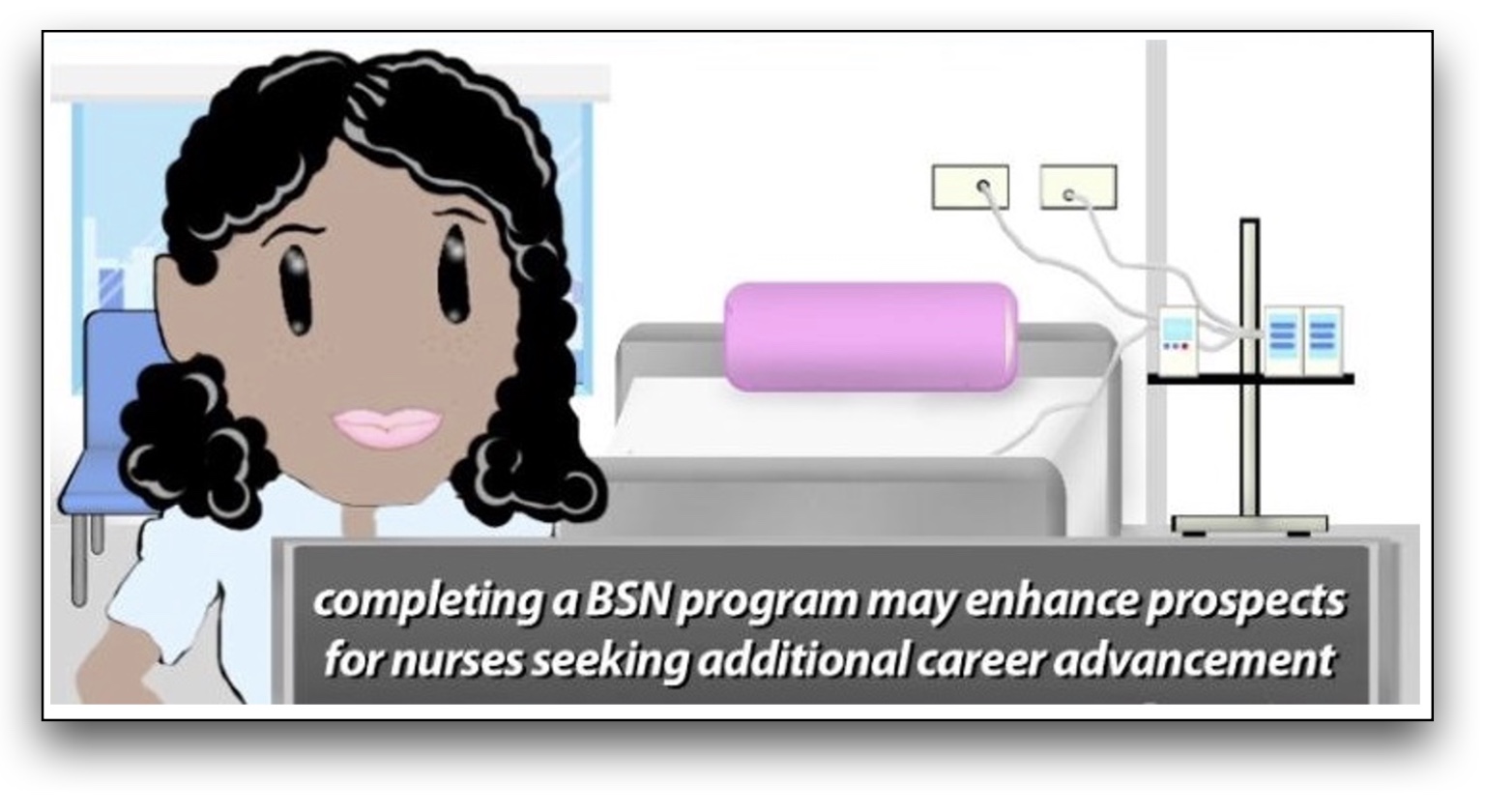If you have decided to study nursing in the United States, you are probably wondering what LPN, ADN, and BSN stand for, and what makes them so different.
As a foreign student, you might find it overwhelming to navigate through all these abbreviations, and we don’t blame you. For this reason, and many more, we have created this short guide that will make studying nursing in the USA much more clearly.
What you need to know is that there are numerous nursing courses in the US, and as soon as you explore and understand their many benefits and occasional downsides, you will find it easier to apply for a nursing program.

LPN or LVN Programs
LPN stands for Licensed Practical Nurse, and it is a one-year-long training program to become a nurse. As an international student, you will have to provide language standardized test qualifications, such as TOEFL.
LVN stands for Licensed Vocational Nurse, and similar to LPN is a one-year program that will provide you with a nurse certificate after you pass a national exam for state certification.
Both LPN and LVN teach you basic patient care and nursing techniques. The annual salary for a licensed vocational or practical nurse is roughly $40,000.
ADN Programs
ADN stands for Associate Degree in Nursing, a training program that can take as much as two years to complete. In the end, you get a nursing license that proves you are apt to provide more than just basic patient care.
The minimum studying time to complete the ADN certification is 15 months. With this certificate, you can also treat injuries, provide emotional support, and educate patients. The median annual wage of ADN registered nurses is $67,490.
BSN Programs
BSN stands for Bachelor of Science in Nursing, and it is a long, in-depth studying program that lasts four years. You can pass from a registered nurse to Bachelor of Science in a nursing program and enhance your medical knowledge and healthcare skills.
Many registered nurses (RN) opt to continue their studies and become Bachelors of Science in Nursing (BSN) because they have better job opportunities and the possibility to earn a better salary. At the moment, there is a high demand for new BSNs due to the older generation of nurses retiring.
Accelerated BSN Programs
Not too many schools offer accelerated BSN programs, but those that do have extensive lists of applicants.
Accelerated BSN programs are the BSN courses but on a fast route that enables you to obtain your BS in nursing in just 14 months. The entire process is more demanding of the students, and it requires maximum focus and determination. Still, registered nurses opt for this program because it helps them gain more knowledge and experience in less time. As a result, they become eligible for higher-paying jobs faster in their careers.

Registered Nurse to Bachelor of Science in Nursing Program
Registered nurses who have their ADNs can choose to convert their studies to BSNs. Such programs are available in different formats, including online and on-campus, as well as a hybrid version of the two. The registered nurse to Bachelor of Science in Nursing program or RN to BSN is one of the most popular programs among students.
MSN Programs
MSN stands for Master of Science Nursing programs, and it is a mix of advanced nursing disciplines into a single program. Once you finish it, you can work as an Adult Nurse Practitioner (ANP), Neonatal Nurse Practitioner (NNP), Nurse Educator (NE), and Women’s Health Nurse Practitioner (WHNP) among others. Such jobs will get you between $60,000-150,000 depending on the profession.
CRNA Programs
CRNA stands for Certified Registered Nurse Anesthetist program, which is a maximum 2-year course detailing anesthesia techniques and how to use knowledge to solve clinical problems. This job will help you gain between $160,000-250,000 a year depending on the state.
DNP Programs
Lastly, DNP stands for Doctor of Nursing Practice (DNP), and it is a program that focuses on teaching statistics and data analysis, history and philosophy of nursing science, and leadership skills, among others. Finishing the DNP program can earn you at least $135,000 a year.
###
December 22, 2020

0 Comments